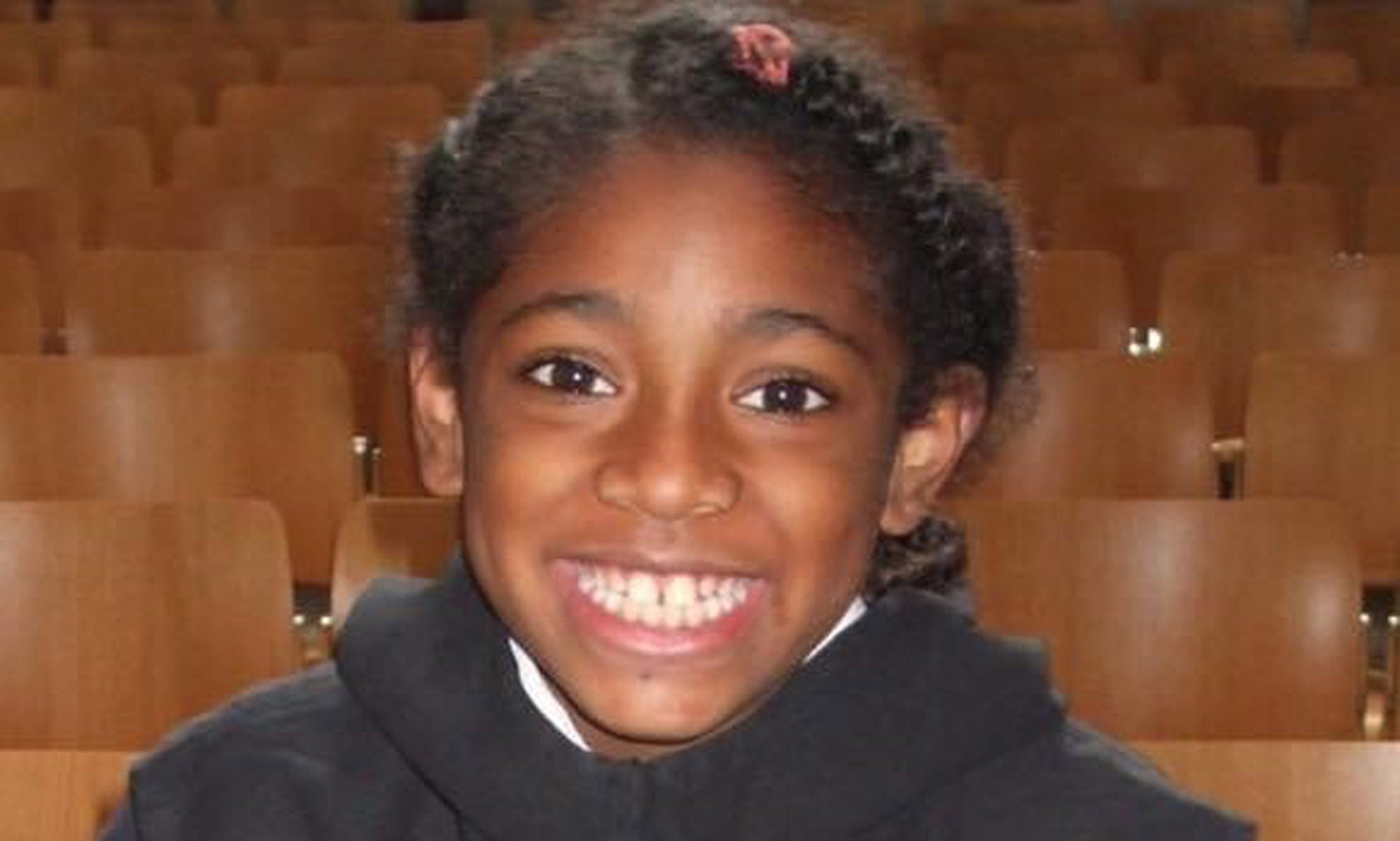Air pollution is deadly – now it’s official. This is a wake-up call for serious action
A significant reduction in car journeys would have a major impact – and a sea change is possible


Your support helps us to tell the story
From reproductive rights to climate change to Big Tech, The Independent is on the ground when the story is developing. Whether it's investigating the financials of Elon Musk's pro-Trump PAC or producing our latest documentary, 'The A Word', which shines a light on the American women fighting for reproductive rights, we know how important it is to parse out the facts from the messaging.
At such a critical moment in US history, we need reporters on the ground. Your donation allows us to keep sending journalists to speak to both sides of the story.
The Independent is trusted by Americans across the entire political spectrum. And unlike many other quality news outlets, we choose not to lock Americans out of our reporting and analysis with paywalls. We believe quality journalism should be available to everyone, paid for by those who can afford it.
Your support makes all the difference.Air pollution is deadly. This was the verdict from the latest inquest into the tragic death of nine-year-old Ella Kissi-Debrah, who died from a severe asthma attack after being exposed to excessive air pollution from traffic.
This is the first time an inquest in the UK has directly linked a cause of death with air pollution and is the result of tireless campaigning from Ella’s brave and remarkable mother, Rosamund Kissi-Debrah – who has spent the last seven years fighting for this acknowledgement that yes, air pollution does kill.
As a member of the London Assembly’s Environment Committee I have attended countless meetings where we have reviewed evidence that shows just how damaging the barely visible pollution that chokes our streets is.
Pollution has been linked to childhood asthma, to higher rates of dementia, heart disease, strokes, respiratory problems and even impaired cognitive function in children, but now we have this legal landmark that clearly it is directly implicated in the death of a child.
Every level of government will be watching the outcome of this inquest, because the coroner’s statement not only said air pollution was a factor in Ella’s death, but crucially her mother “was not given information about the health risks of air pollution”.
This damning indictment of the government’s lackadaisical attitude to public health warnings sits alongside the exposure to nitrogen dioxide and particulate matter that was well above World Health Organisation (WHO) guidelines. There was also a recognised failure to reduce the levels of NO2 to within limits set by the EU and domestic law.
Ten years on from the declaration of legal NO2 limits, there are still schools located in areas with illegal levels of NO2.
I wrote about the failure to meet legal limits of pollution exposure in 2017 when the Mayor of London, Sadiq Khan, introduced his plans for the ultra-low emission zone in central London. At the time I warned it was not wide enough, and would leave every borough in London still busting WHO guidelines for PM2.5 particulate matter.
Particulates are tiny particles that can enter your bloodstream directly after being breathed in. The major components of PM particles are sulfates, nitrates, ammonia, sodium chloride, black carbon, mineral dust and water, and are created by tyre and road wear from traffic.
The pollution that comes from vehicles, and on windless days clusters around busy roads like the one Ella lived near, is made up of these toxic particles.
While the mayor has done some work to decrease the levels of NO2 across the capital he has not yet done enough to reduce PM2.5, and 99 per cent of Londoners still live in areas exceeding the WHO guideline limit. In fact, even the WHO says there are no safe limits of exposure to this pollutant.
While NO2 pollution has been partially reined in by the current Mayor – I no longer stand on Putney or Brixton High Street in the early part of January despairing as an air pollution monitor pings that an entire year’s worth of “legal” levels of pollution has already been breached – much more needs to be done to combat PM2.5. The most powerful lever to achieve this is reducing traffic.
The mayor now takes public health warnings seriously and uses screens at bus stops and road sides to warn of high pollution days, but keeping vulnerable people indoors on hot, smoggy days is not a fair solution. Why should a child with asthma have to stay indoors while their siblings play outside.
But the fight to clean up the capital’s air still has a long way to go. A recent study has found that health costs from London’s roads are the worst in Europe, with an estimated social cost of £10.32bn a year.
My ideas for cleaning up the city – and others like it – mean far fewer cars on the road, and this year we saw during lockdown that almost half of all journeys in London were taken by walking or cycling. A sea change is possible, if we move unnecessary journeys out of the cars that leave our air filled with dangerous and deadly dirt and onto bikes, trikes or taking them by foot.
For this mass behaviour change it is vital that everyone, from the prime minister, Boris Johnson to London's mayor, Mr Khan and local councils, invests in making the capital – and major cities around the country – cleaner and safer for all. We can’t change the way we travel and reduce the pollution we create without safe alternatives.
Others have floated the possibility that the government may find itself in court over its failure to meet its own agreed limits on pollution or warn its citizens of the dangers they face from toxic air.
Maybe only the threat of this huge legal liability for the health – and lives – of its citizens will force the government to finally do the right thing and take the serious actions needed to clean our air.
Caroline Russell is the national transport spokesperson for the Green Party and a member of the London Assembly




Join our commenting forum
Join thought-provoking conversations, follow other Independent readers and see their replies
Comments